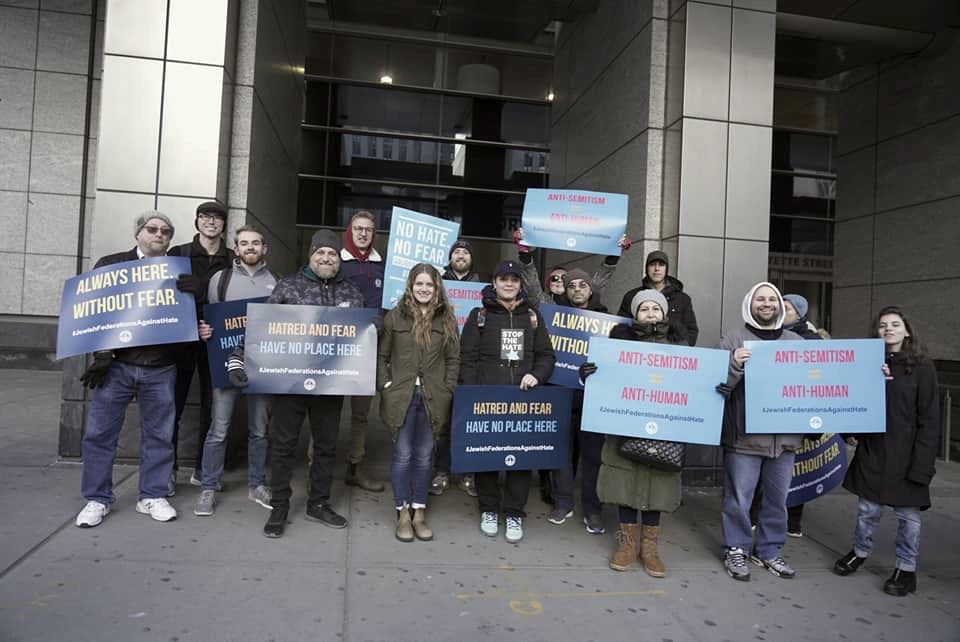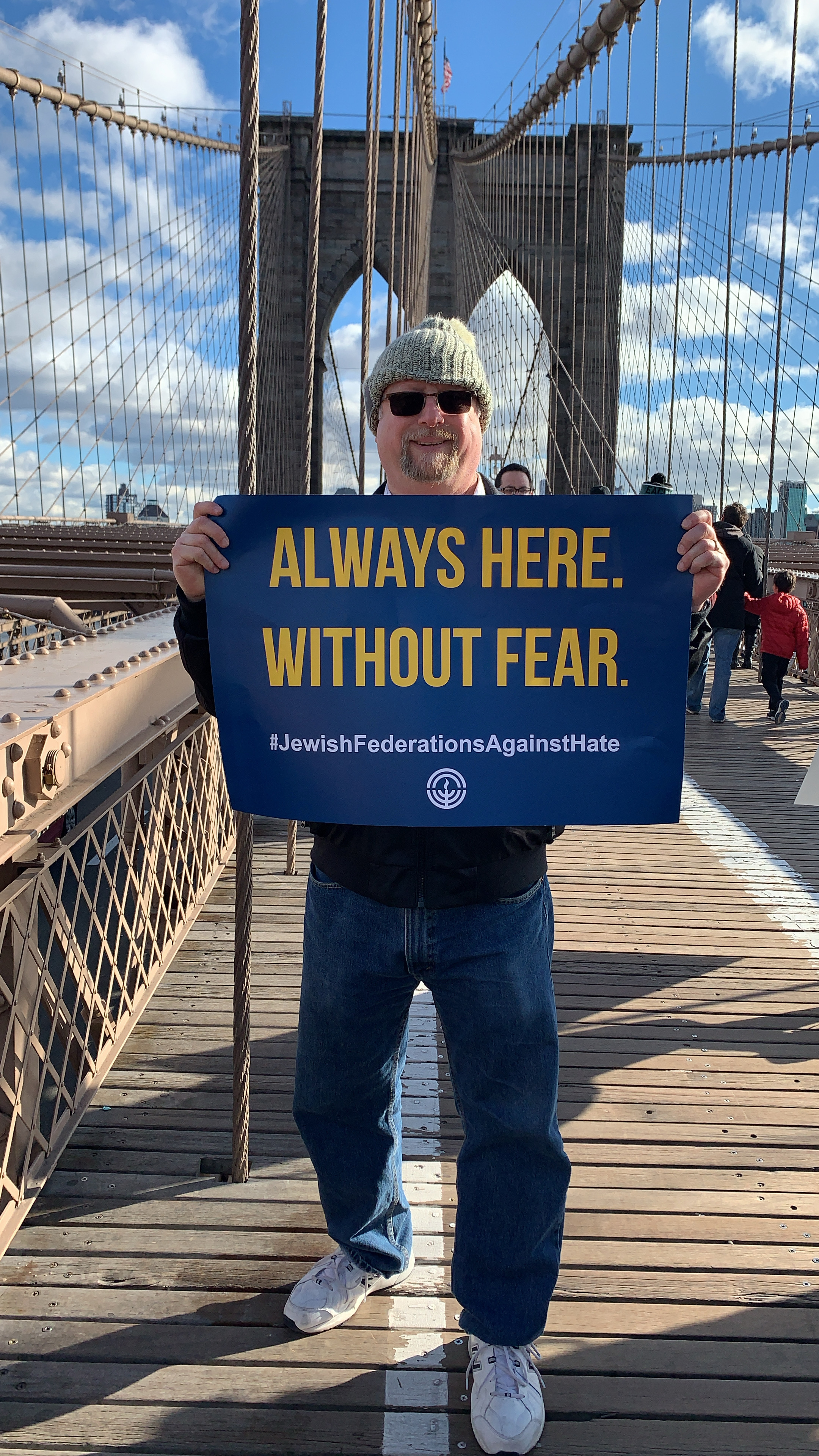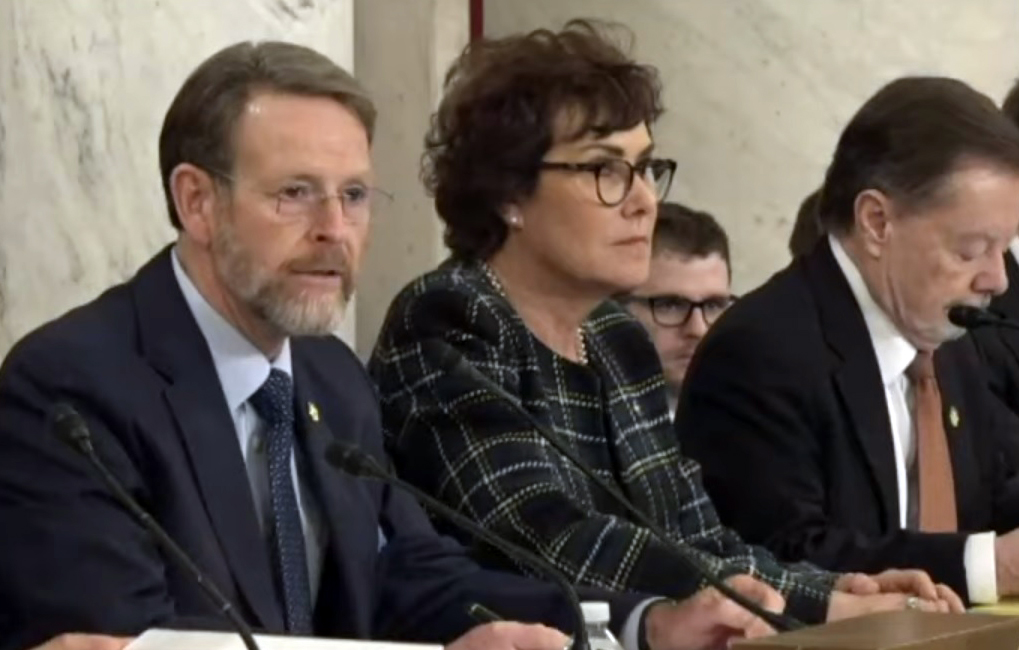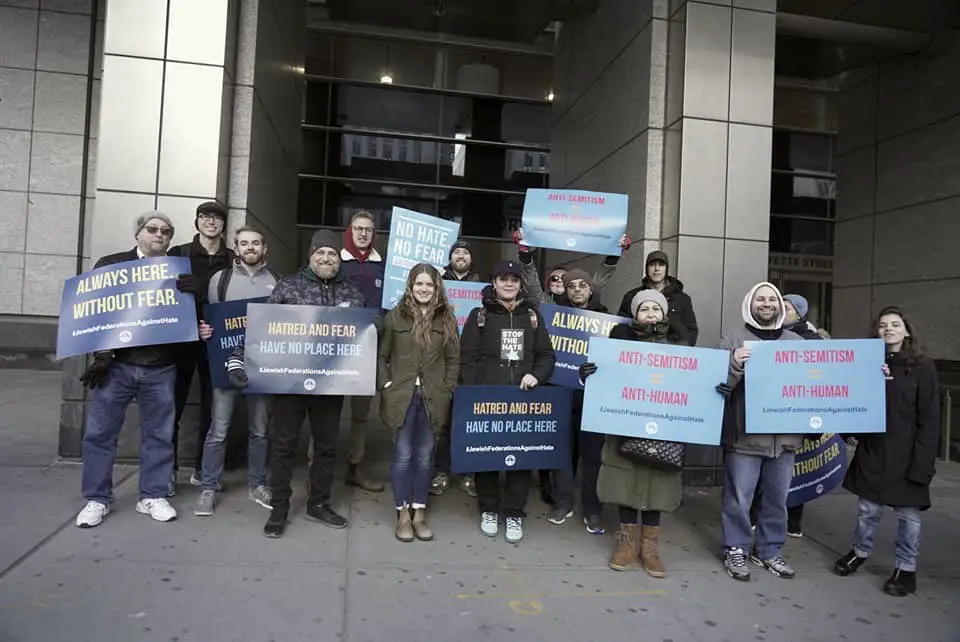
NEW YORK – Southern Baptist Messianic believer Michael Herts is on alert at the ministry he directs in New York City to bring Jewish people to faith in Christ. Hate crimes against the Jewish community have continued almost daily in his vicinity.
“The mood of the Jewish community is very concerned about being attacked for being Jewish. Most of the attacks have been among the ultra-Orthodox community, which is the most easily recognizable,” Herts said Thursday, Jan. 9. “But I think the church needs to stand up and come alongside the Jewish community, so that Christians don’t hate Jews.”
Herts serves as missions development manager of the Southern Baptist Messianic Fellowship (SBMF) and New York regional director for Chosen People Ministries.

“There have been daily attacks over the Hanukkah season on Jewish people in Brooklyn,” Herts lamented. “We’ve seen a significant rise in anti-Semitism over the past year…. The attacks, we need to stand up to them; but I think as we’re getting close to Jesus’ return, we’ll see more and more hate, more and more violence.”
Herts and other Chosen Ministry workers were among perhaps 25,000 people who participated in the No Hate, No Fear march across the Brooklyn Bridge Jan. 5, organized by New York’s Jewish community and supported by politicians, ministers and others in solidarity against anti-Semitism.
The U.S. Committee on International Religious Freedom (USCIRF) is studying ways to counter anti-Semitism in the U.S. and globally, most recently holding a congressional hearing on the subject.
“Anti-Semitism is also a direct threat to religious freedom for all people, of all faiths, across the globe,” U.S. Sen. Jacky Rosen (D-Nev.) told USCIRF at its hearing Wednesday, Jan. 8, in Washington. With Southern Baptist Sen. James Lankford (R-Okla.), she co-chairs the bipartisan Senate Taskforce for Combating Anti-Semitism. “This hate is unacceptable, and it’s something we must come together to call out and confront head on,” Rosen told USCIRF, chaired by Southern Baptist Tony Perkins.
Among the most violent attacks of late in the U.S., three Jewish residents, a police detective and two suspects were killed in a protracted shootout at the Jersey City Kosher Market in Jersey City, N.J., Dec. 10, 2019, according to police reports. In another violent incident, a 37-year-old suspect was charged with federal hate crimes and six counts of attempted murder, accused of storming a Hanukkah celebration at the home of a Hasidic rabbi in suburban Monsey, N.Y., and slashing at least six people with a machete.
In April 2019, a gunman stormed Chabad of Poway synagogue in Poway, Calif., killing a woman and injuring three other worshipers. In October 2018, a gunman murdered 11 and injured six during Shabbat at the Tree of Life Synagogue in Pittsburgh.

Ric Worshill, SBMF executive director, finds the violence hard to understand, although he experienced anti-Semitism as early as his childhood.
“Personally, I don’t understand how somebody can hate somebody that much just because of their religious beliefs,” Worshill said. “As a kid I was a victim of some of that hate…. I got beat up a few times because of it, and I never understood that.”
Anti-Semitism is part of a growing trend of hatred that needs to be countered with education and more stringent justice, said Worshill, a chaplain who worked 31 years as a police officer.
“Hate, especially in the United States, is a growing trend, and it’s a trend based on disinformation … about other people groups,” he said. “Until in the United States we realize a house divided cannot stand, we’re going to be in trouble.
“I find it sad that this is actually happening in our country after all these years, and for some people to actually say that the Holocaust never happened is absurd.”
The Anti-Defamation League (ADL) recorded a total of 1,879 attacks against Jews and Jewish institutions across the U.S. in 2018, the third-highest year on record since ADL started tracking such data in the 1970s, the group said at adl.org. Recorded incidents include murders, assaults, harassment and vandalism.
USCIRF heard at its hearing testimony from the international community including Ahmed Shaheed, United Nations special rapporteur on freedom of religion or belief; Elan Carr, the U.S. State Department’s special envoy to monitor and combat anti-Semitism; Sharon Nazarian, ADL senior vice president of international affairs; and scholars from American University, Emory University and the Simon Wiesenthal Center.
Among recommendations offered were strengthened U.S. reporting mechanisms and the education of municipalities about anti-Semitism and how it manifests in various ways.
“There is certainly a consistent thread,” chairman Perkins said, “that has been woven throughout the testimony today that this is a shared problem, and it must resolve in a shared responsible action.
“[Combating anti-Semitism] begins with each of us in our various communities speaking to the need of this. But there was also the recognition that … this was not a problem just for the Jewish community,” Perkins said. “If anything, they’re at the tip of the spear. What we see happening globally to the Jewish community, it is something that will affect every religious community in every part of the world.”
USCIRF will develop action steps and work with various leaders to address the issue, Perkins said at the hearing.
Written by Baptist Press, the official news service of the Southern Baptist Convention.

